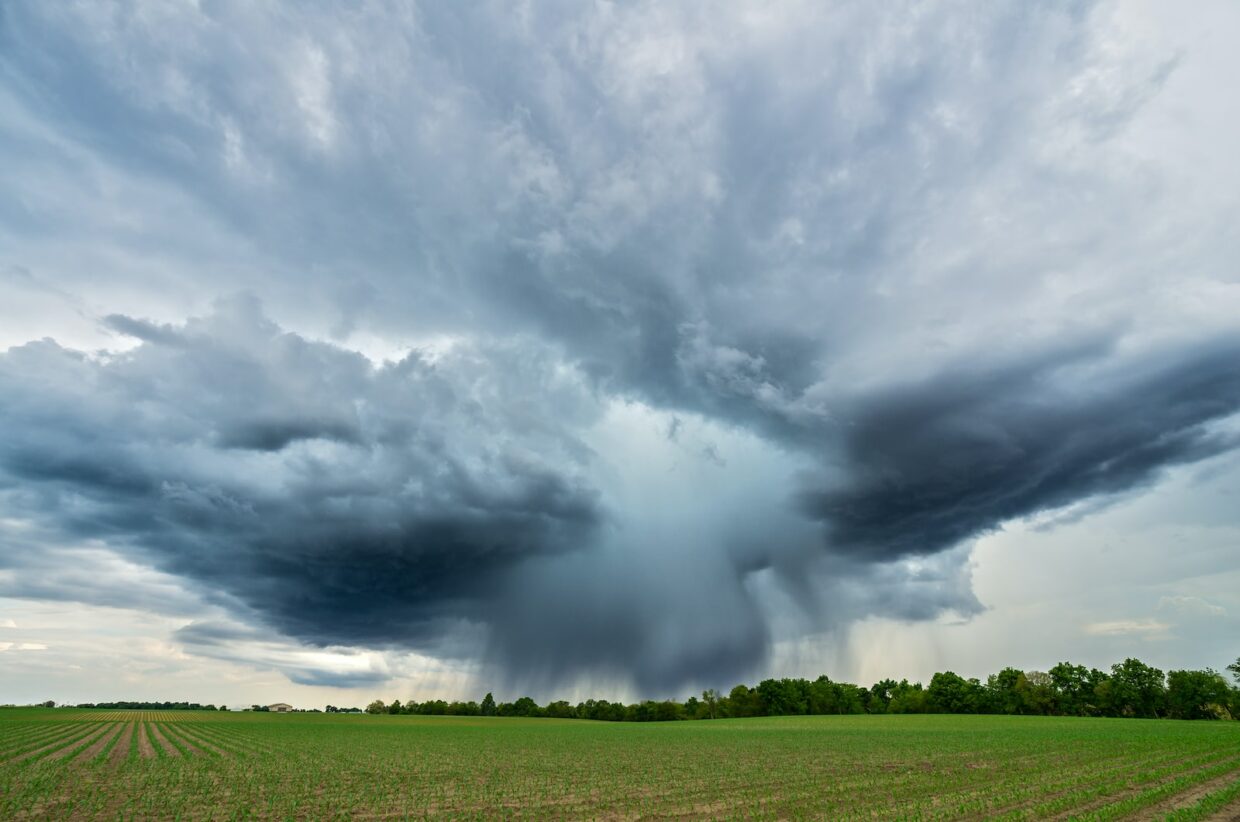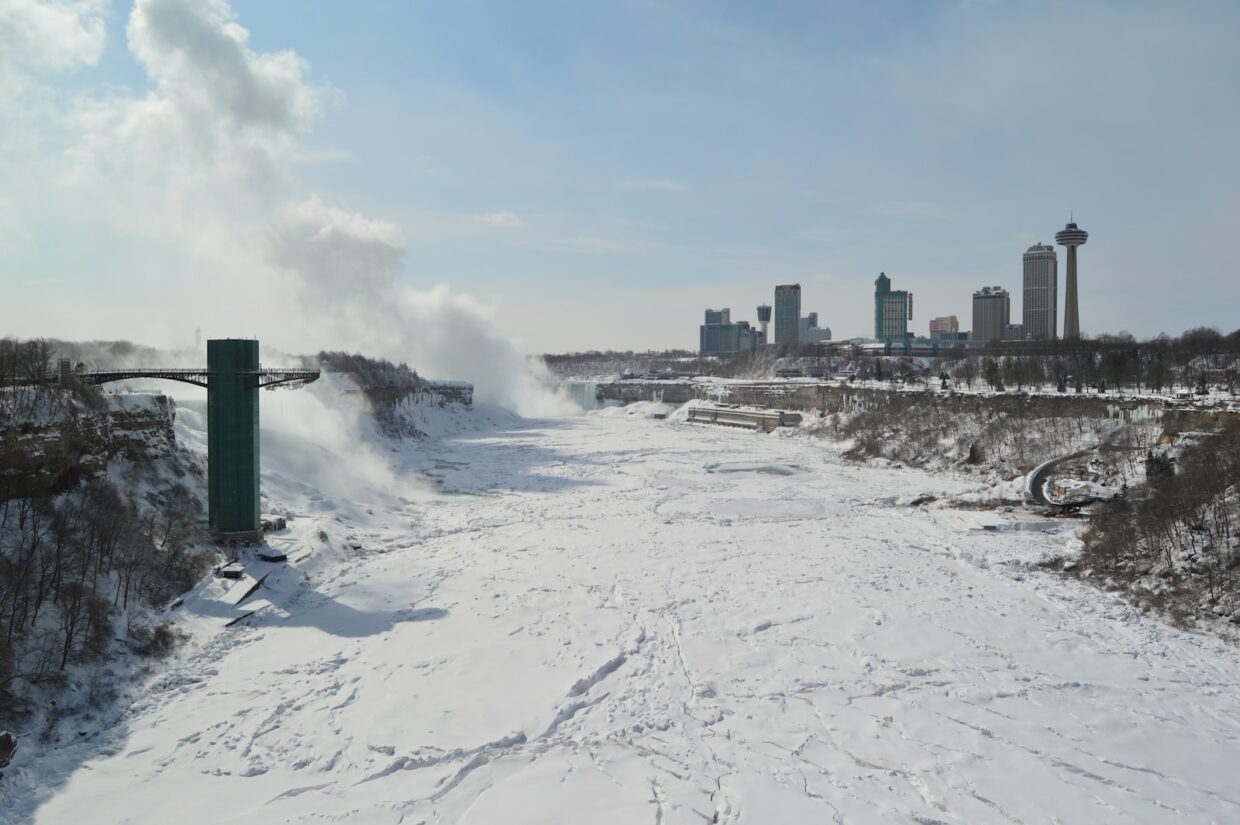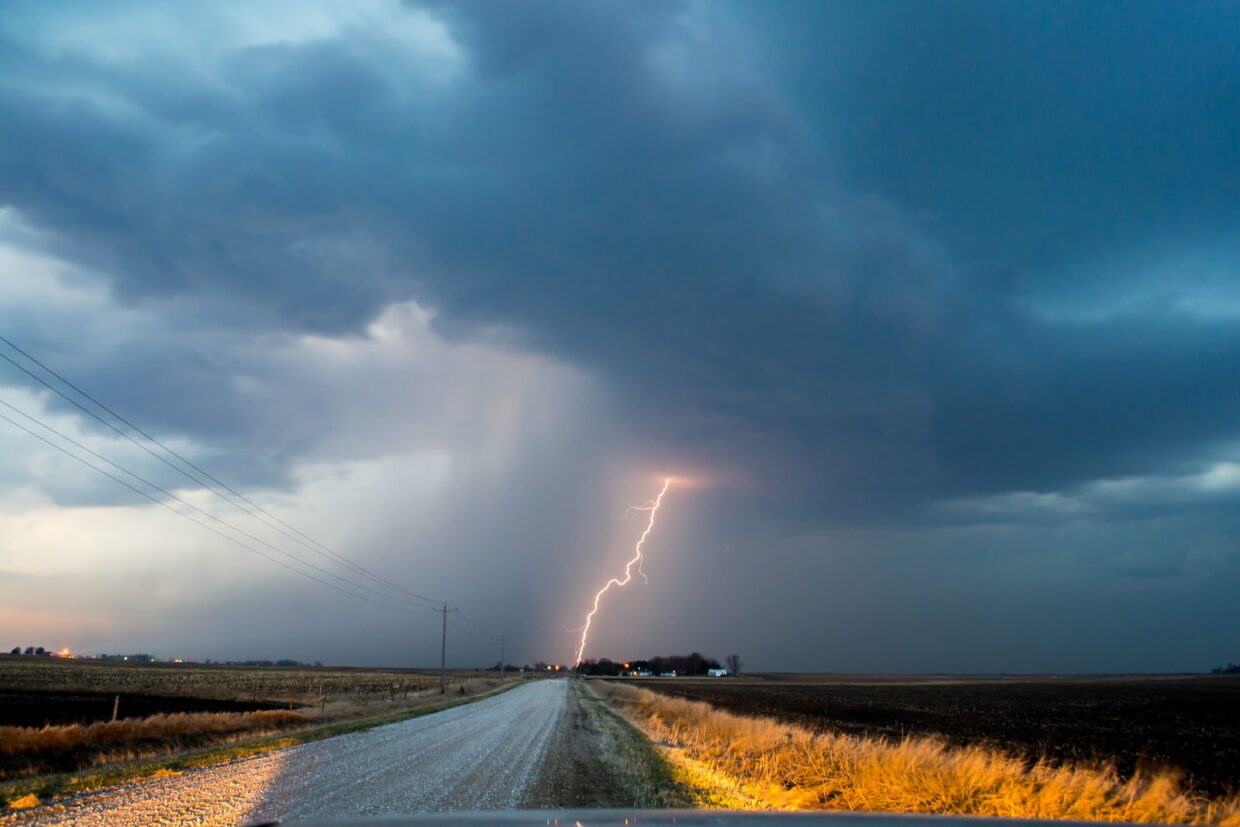New Zealand is highly vulnerable to the impacts of climate change. The country’s geography and isolation mean that changes to our environment are more pronounced than in other places. This makes it essential to take active steps to reduce the impact of climate change on local communities and their livelihoods. One of the most important and vulnerable sectors of the economy is agriculture, which is both critically important to New Zealand’s identity and economy, and directly threatened by climate change.
The Effects of Climate Change on Agriculture
Climate change can have a range of effects on agriculture that reduce productivity and quality of produce. Rising temperatures affect the growth, development and yields of crops, and can also increase the likelihood of plant diseases. Increases in extreme weather events such as droughts and floods have a significant impact on crop growth and soil health. Warmer temperatures are also increasing the range and reach of pests and weeds, which increases the need for pesticides, herbicides and other pest control measures. All of these effects can have a direct impact on the profitability of agricultural businesses.
Climate change is also having indirect effects on agricultural businesses. These effects are not always immediately obvious but can have a significant impact over time. For example, changes in water availability can impact irrigation practices, reducing the productivity of land and requiring major changes to current farming operations. In addition, changes in consumer preferences, policies and regulations can all have an impact on the profitability of agricultural operations.
Adapting to Climate Change
Farmers in New Zealand must take steps to adapt to the effects of climate change, or risk seeing their farms become less viable as time goes on. There is a range of measures available to farmers to adapt to climate change, including:
- Improving water efficiency to reduce pressure on water resources.
- Developing crop varieties and production systems that are more tolerant to the effects of climate change.
- Modifying farm management practices to better prepare for extreme weather events.
- Developing integrated pest management techniques to reduce the reliance on chemical control.
In addition to these adaptation measures, farmers will need to invest in sustainable farm systems to ensure their operations remain profitable in the long term. Sustainable farming practices include reducing nutrient and pesticide use, improving biodiversity, reducing greenhouse gas emissions and improving soil health through the use of cover crops and rotational grazing.
Support for Farmers
The New Zealand government provides a range of support mechanisms to help farmers adapt to climate change. These include financial grants and subsidies to help fund farm management and capital improvements, as well as advice and guidance from experts. There are also regulations and policies in place to ensure that farmers are operating sustainably, and that agricultural production is sustainable and profitable.
In addition to the support available from the government, there are numerous organisations that help farmers adapt their operations to the effects of climate change. These organisations provide advice, grants and subsidies, research and training for farmers. Some of these organisations are:
- Farming for Change: Offers advice and guidance on sustainable farming practices.
- Farms for Our Future: Provides funding for farm adaptation projects.
- Sustainable Agriculture New Zealand: Provides advice and support for sustainable agriculture.
- Climate Change New Zealand: A non-profit organisation dedicated to helping farmers adapt to climate change.
Climate change is one of the greatest challenges facing New Zealand agriculture today. By taking proactive steps to adapt to climate change and promote sustainable farming practices, farmers can ensure that their businesses remain profitable and that they can continue to play a vital role in New Zealand’s economy. With the right support and guidance, New Zealand farmers can ensure that their businesses thrive despite the challenging effects of climate change.







































